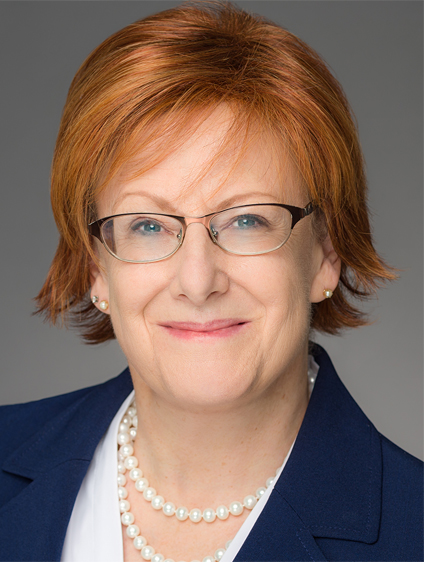 As I write, CCCC staff are “in the tunnel” preparing for our Annual Summit, taking place April 2–4 in Sacramento. One of the highlights of the event will be the presentation of our first ACP Innovation Award to Providence Institute for Human Caring for their implementation of the “trusted decision maker” program. I won’t offer any spoilers – if you are able to join us at the Summit, you’ll hear about this elegant, efficient, and highly effective method of gathering essential advance care planning information from patients. If you are not able to join us, their entry will be posted on our website on April 16, in honor of National Healthcare Decisions Day.
As I write, CCCC staff are “in the tunnel” preparing for our Annual Summit, taking place April 2–4 in Sacramento. One of the highlights of the event will be the presentation of our first ACP Innovation Award to Providence Institute for Human Caring for their implementation of the “trusted decision maker” program. I won’t offer any spoilers – if you are able to join us at the Summit, you’ll hear about this elegant, efficient, and highly effective method of gathering essential advance care planning information from patients. If you are not able to join us, their entry will be posted on our website on April 16, in honor of National Healthcare Decisions Day.
This was one of 10 submissions, from across the state and even out of state, representing a wide range of truly remarkable ideas and programs offered by individual champions on up to multisite health systems. Receiving and reviewing these submissions and recognizing that they likely represent only a small subset of the initiatives at work was thrilling. And, to my way of thinking, a big rebuttal of the criticisms of ACP and its effectiveness lobbed by certain members of our field.
As one of our board members, Karl Steinberg, attending last year’s Summit where the idea of an ACP Innovation Award was launched by a presentation highlighting some of those criticisms, so eloquently put it, “I don’t need a #$&!!* research study to tell me that advance care planning works! I see it at the bedside every day.”
That said, for ACP to work at it best, a very complex chain of events must link up:
- Patients must be given the opportunity (indeed, invitation) to consider their preferences and enough information to evaluate their choices.
- Providers must have the skills to conduct meaningful conversations to impart that information and elicit relevant and actionable instructions.
- Healthcare agents (ideally) must be included in conversations and informed by the patient of their preferences and instructions and be prepared to advocate for them.
- Documents must be prepared, properly executed, kept current and available – and they must be retrieved, consulted, and to the fullest extent possible and required by law, honored.
And those are just the broad strokes. ACP is complex. It requires a lot from a lot of people, processes, and tools. But fundamentally, it resides in a simple human commitment to care for and care about fellow humans, whether they are our loved ones or our patients – to be with them along the path of a difficult journey. As Paul Kalanithi so eloquently put it in his memoir, When Breath Becomes Air, “Here we are together, and here are the ways through – I promise to guide you as best as I can, to the other side.”